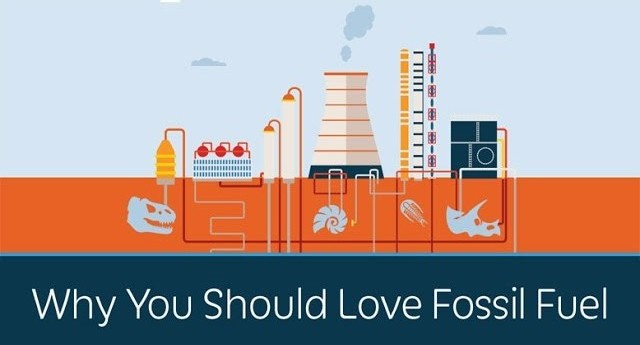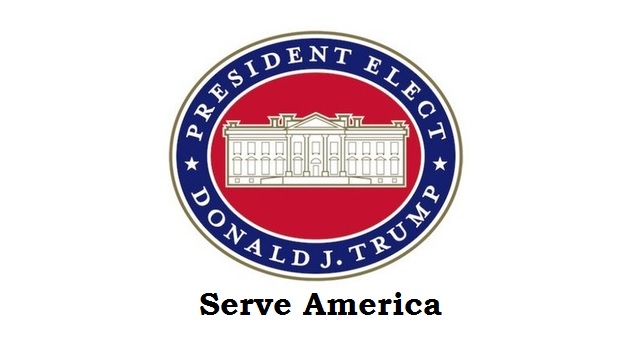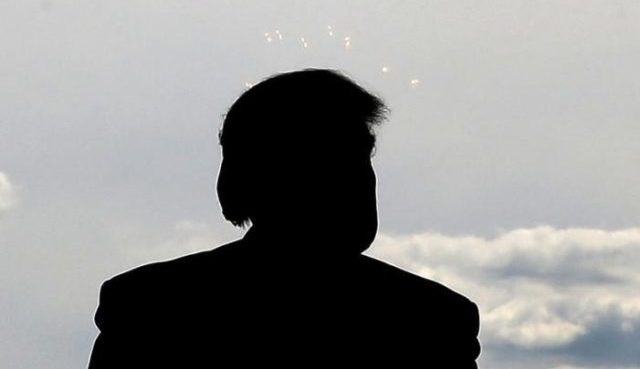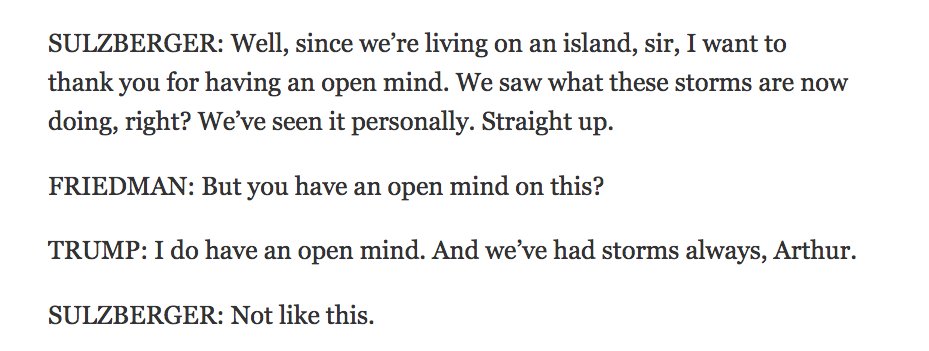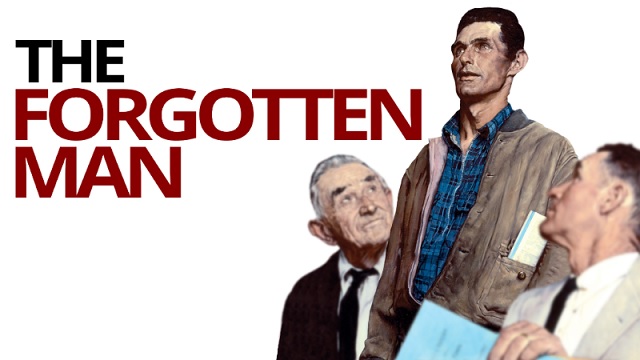Heartland Institute Experts React to Trump Appointing Scott Pruitt to Head EPA
“One small appointment for Trump, one giant leap for environmental sanity.” – H. Sterling Burnett
President-elect Donald Trump today named Oklahoma Attorney General Scott Pruitt to be his administrator of the Environmental Protection Agency. Pruitt is among some two-dozen state attorney generals suing EPA to stop President Barack Obama’s Clean Power Plan and the agency’s rule regulating methane emissions.
“With the choice of Oklahoma Attorney General Scott Pruitt to head the Environmental Protection Agency – a man who has fought to uphold federalism, the limits placed upon the federal government in the Constitution, and sound policy on energy and environmental issues – it’s beginning to look a lot like Christmas!
“Pruitt has sued the Environmental Protection Agency over its Mercury and Air Toxics Standards rule, its Waters of the United States rule, and the Clean Power Plan. So it seems there is hope the next administration will finally rein in the runaway EPA – by withdrawing or rewriting those and other rules in a way that respects freedom and economic progress, or by deciding not to defend the rules in court. One small appointment for Trump, one giant leap for environmental sanity.”
H. Sterling Burnett
Research Fellow, Environment & Energy Policy
The Heartland Institute
Managing Editor, Environment & Climate News
hburnett@heartland.org
312-377-4000
“There would be many people on my list for great EPA administrators but none would be any higher on it than Scott Pruitt. We have not had a knowledgeable individual at the helm of EPA for more years than I am willing to say. For well over a decade, we have had a combination of incompetence and anti-capitalists at the helm who knew nothing of environmental science and more importantly they did not care. As long as they could place road blocks in the way of progress with no validity whatsoever as to improved environmental protection, they felt they were doing their job.
“This is a great day for the environment, the American people, and the economy – which will soon no longer be crippled by totally insane regulations, including the idea that humans exhale a pollutant with their every breath.”
Jay Lehr
Science Director
The Heartland Institute
jlehr@heartland.org
312-377-4000
“The selection of Oklahoma Attorney General Scott Pruitt is an obvious commitment to a pro-environment, pro-energy, pro-jobs agenda. Pruitt has been a vocal critic of federal overreach and understands that state agencies are well-positioned to take on a larger role in protecting the environment while also allowing for responsible and necessary commerce and energy production. This pick will go a long way towards correcting the Obama administration’s regulatory overreach, which has cost us jobs, hurt farmers, and has had an insignificant effect on the environment.”
John Nothdurft
Director of Government Relations
The Heartland Institute
jnothdurft@heartland.org
312/377-4000
“There is going to be a new sheriff in town at EPA, and that is welcome news for North Dakota’s agriculture and energy issues. Attorney General Scott Pruitt is a principled federalist who has taken the lead in fighting federal overreach. Our states have been forced into costly litigation with EPA and other regulators simply to protect their sovereignty, and Pruitt has been on the front line. This is a fantastic appointment for those of us in fly-over country, and I can hear the wailing and gnashing of teeth at EPA from my house.
“This is a strong first step by the Trump administration to roll back the federal overreach and burdensome regulations from the Obama administration. Attorney General Pruitt stood up for consumers facing escalating energy costs, our farmers and ranchers, and our energy industry, and will bring a breath of fresh air to EPA. Well done President-elect Trump!”
Bette Grande
Research Fellow, Energy Policy
The Heartland Institute
governmentrelations@heartland.org
312/377-4000
Ms. Grande represented the 41st District in the North Dakota Legislature from 1996 to 2014.
“‘Personnel is policy,’ as the saying goes. This nomination strongly suggests that Trump plans to keep his campaign promises to unleash the nation’s energy production and roll back excessive regulations imposed by the Obama administration. That’s good news for energy consumers and the millions of Americans whose jobs depend on fossil fuels, from factory workers to truck drivers.
“The next step after deregulation would be for Trump and Pruitt to close down the EPA and return its powers to the states, who have been doing the real work of environmental enforcement during the 40-plus years of the agency’s existence. That would give the nation’s energy sector and overall economy a huge boost.”
S.T. Karnick
Director of Research
The Heartland Institute
skarnick@heartland.org
312/377-4000
“Humanity has been in sore need of protection from would-be protectors. Maybe it is coming at long last.”
Christopher Essex
Professor, Department of Applied Mathematics
University of Western Ontario
essex@uwo.ca
312-377-4000
“The appointment of Scott Pruitt should usher in an era of less regulation of the nation’s energy supply. Deregulation would mean a boost to the nation’s energy supply, lower prices and a much needed stimulus to business activity.”
Jack A. Chambless
Economics Professor Valencia College
jchambless@valenciacollege.edu
312/377-4000
“The appointment of Scott Pruitt is a good first step at draining the swamp at the U.S. Environmental Protection Agency. Under President Obama, EPA has become the fourth branch of government, seeking to gain control of nearly every aspect of American lives. This news is good for the nation’s farmers and ranchers, manufacturers, and energy producers.
“The appointment signals a sharp contrast between the Trump and Obama administrations and will be good news for anyone who gets their hands dirty at work, as President Trump will encourage companies to build things in America, whereas President Obama regulated companies out of business.
Isaac Orr
Research Fellow, Energy and Environment Policy
The Heartland Institute
iorr@heartland.org
312/377-4000
“President-Elect Trump’s appointment of Scott Pruitt is a breath of fresh air. No longer do we have to suffer under President Obama’s ridiculous EPA “climate” regulations. It is also refreshing that a Republican president is not throwing EPA over to the green activists and the media by appointing a weak administrator. Christine Todd Whitman he is not!
“Trump’s pick of Pruitt means that a Republican president is finally standing up the green establishment! Historically, EPA chiefs have been the most liberal cabinet members appointed by past Republican presidents from Nixon through Ford, Reagan and both Bushes. Trump has broken the cycle!
“No longer do we have to endure GOP presidents avoiding battle over the green agenda by picking EPA chiefs that who were timid at best. We know how bad GOP EPA picks have been in the past because the former GOP EPA heads all endorsed President Obama’s EPA climate regulations!
“If anyone was worried about Trump’s meeting with former vice president Al Gore earlier this week, the pick of Pruitt is reassuring. Basically Trump listened to what Gore had to say and then he exercised his good judgement and did the exact opposite.
“Kudos to Trump for standing up to the well-funded climate establishment by picking Pruitt!”
Marc Morano
Policy Advisor
The Heartland Institute
Morano@ClimateDepot.com
312/377-4000

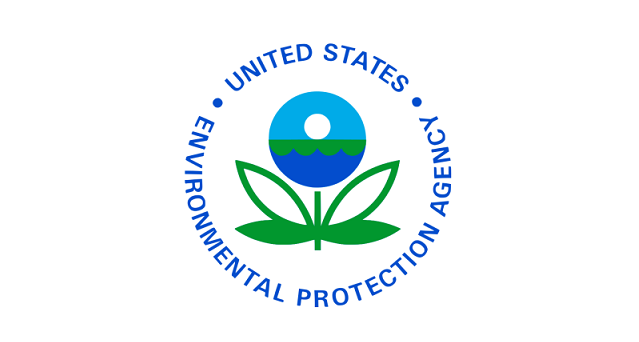
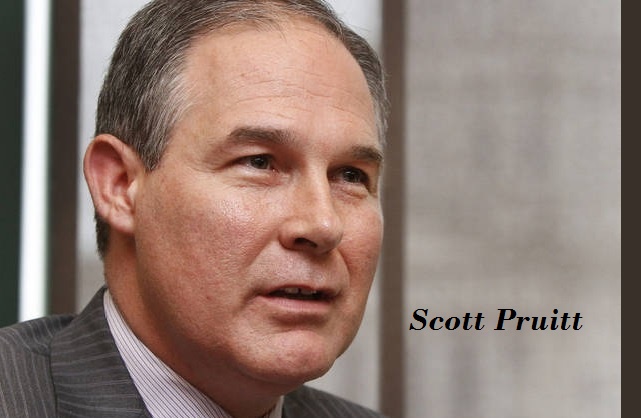






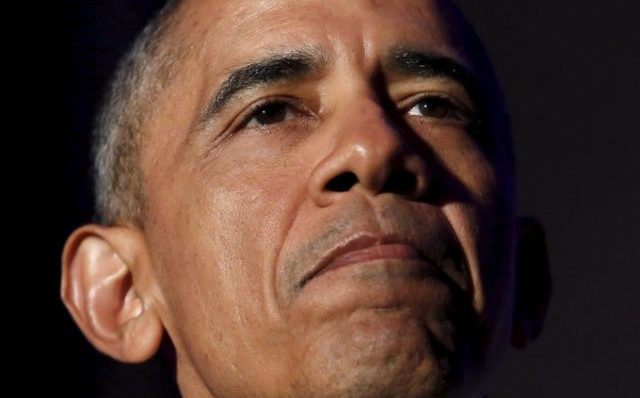

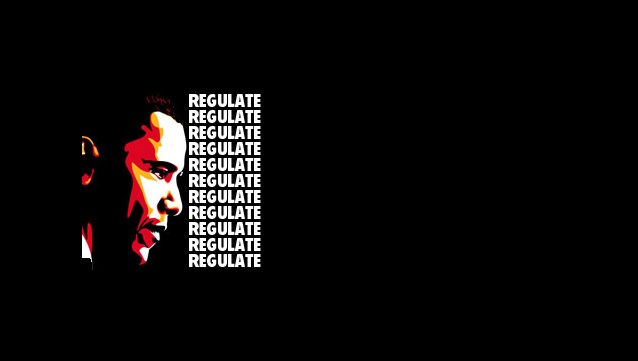
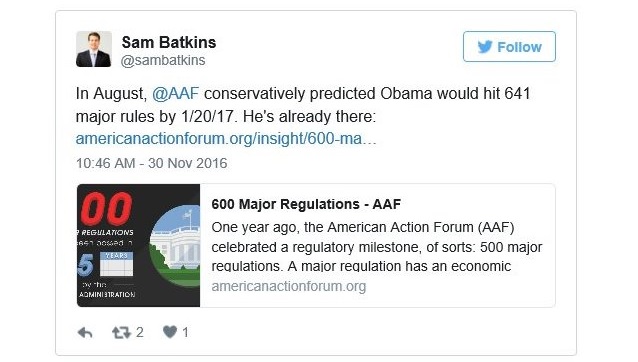
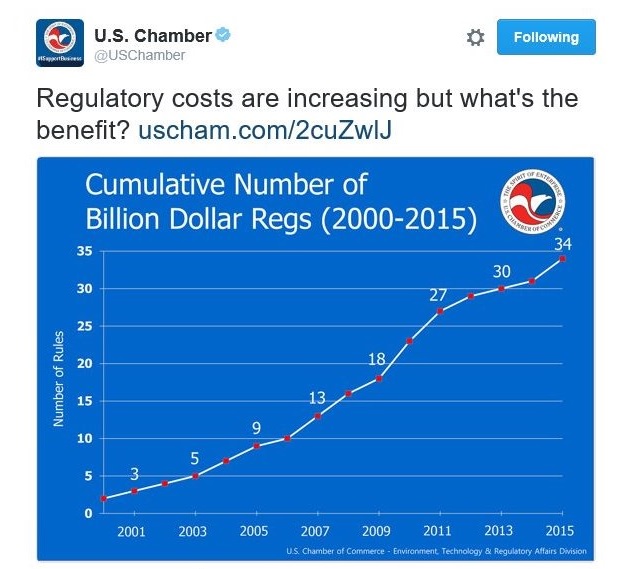
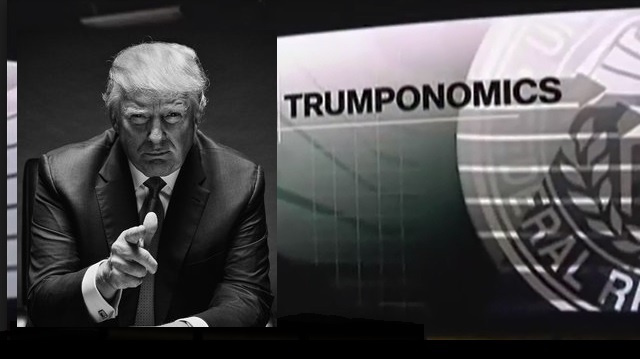

 For the past 40 years, intellectual property, technology development, and
For the past 40 years, intellectual property, technology development, and 
 The common perception is that patents are a path to riches. If an inventor or entrepreneur files a patent, he can then build a successful technology company under the protection of that patent and eventually sell out to companies like Apple and Facebook.
The common perception is that patents are a path to riches. If an inventor or entrepreneur files a patent, he can then build a successful technology company under the protection of that patent and eventually sell out to companies like Apple and Facebook.
 huge returns all through the 1920s. The stock market was the place to be if you wanted to get rich quick. People borrowed heavily to purchase shares. And then it all came crashing down.
huge returns all through the 1920s. The stock market was the place to be if you wanted to get rich quick. People borrowed heavily to purchase shares. And then it all came crashing down. It is my opinion that when the Patent Bubble bursts, it could be far worse than the housing bubble.
It is my opinion that when the Patent Bubble bursts, it could be far worse than the housing bubble. Too much money chasing the same sector results in price inflation. Those inflated prices are always unsustainable. When this patent bubble bursts, it will hurt the entire economy.
Too much money chasing the same sector results in price inflation. Those inflated prices are always unsustainable. When this patent bubble bursts, it will hurt the entire economy.